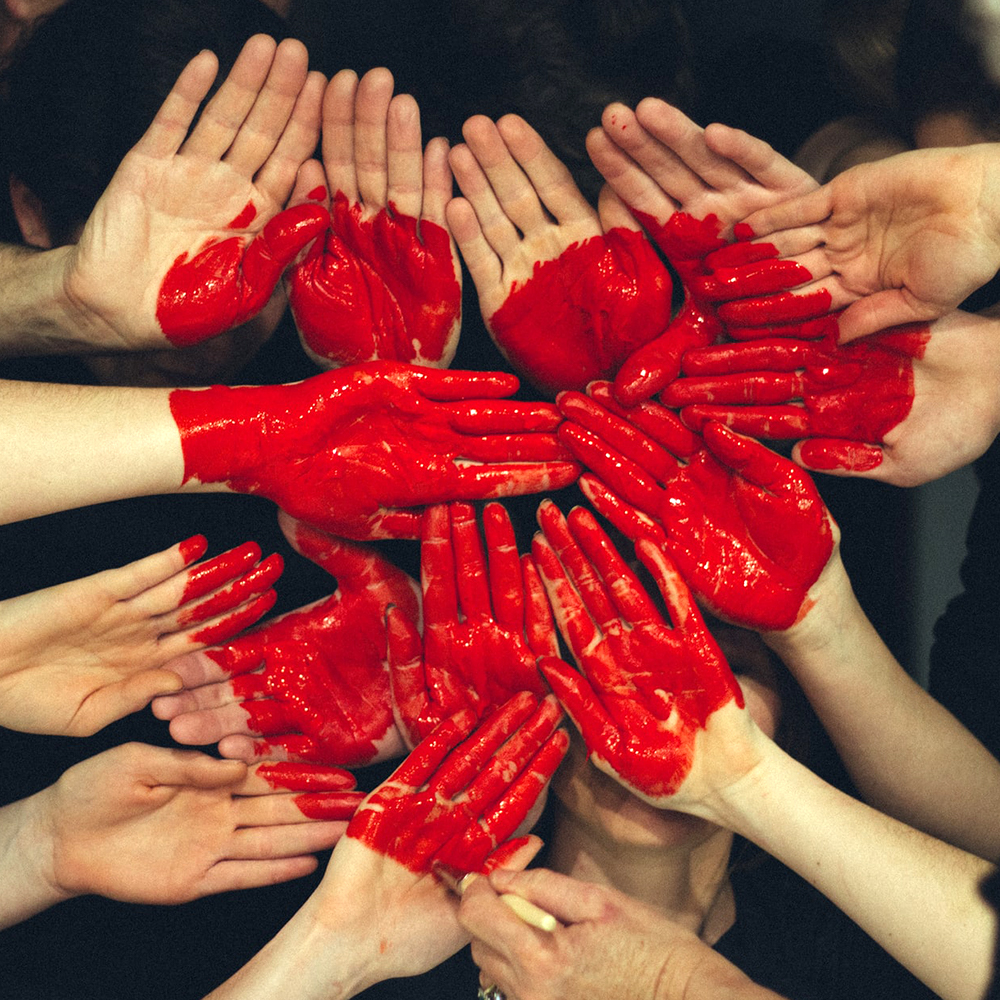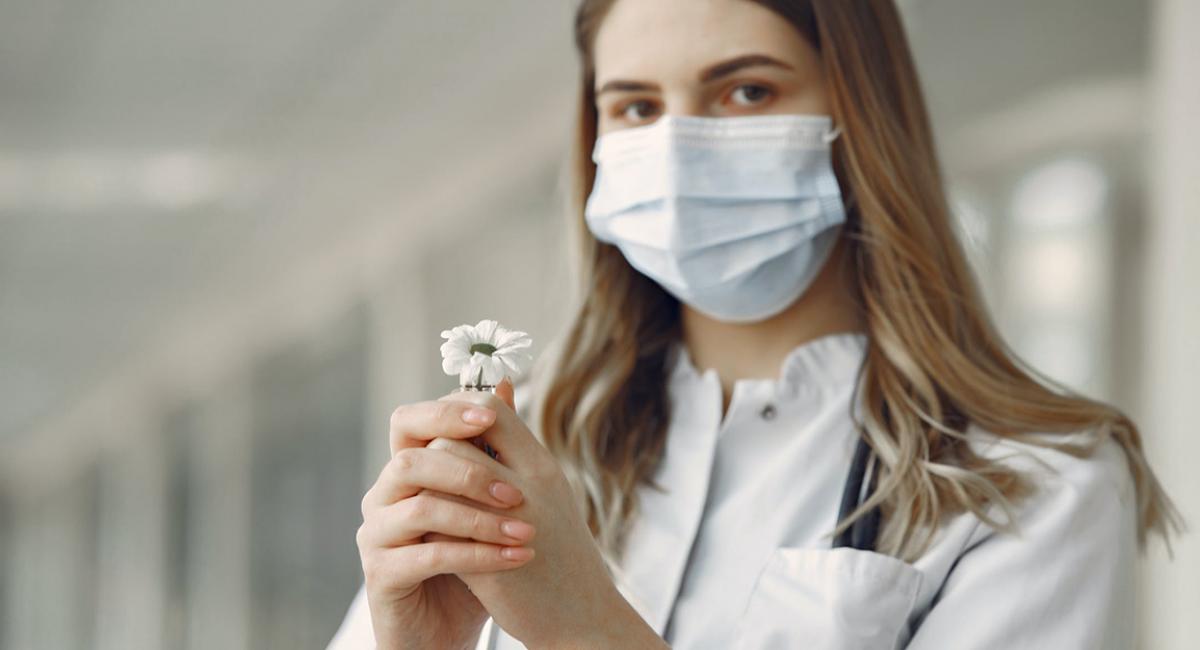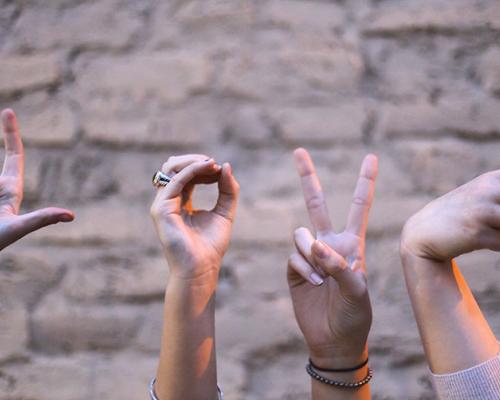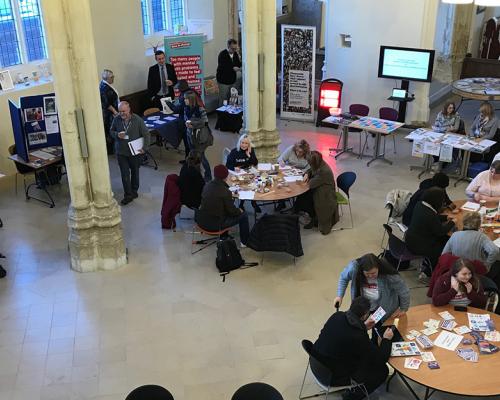Giving hope in troubled times
Carol Harper considers how the Human Givens approach can help us to manage expectations, adapt to our new reality and develop resilience
In the midst of this pandemic it is easy, by default, to feel a sense of hopelessness. Our media spreads fear and uncertainty, our politicians seem unable to come together in a sense of common purpose and as social cohesion seems to fall apart we sense that while some of us will adhere to new guidelines, others will flout them. Good news seems a rare commodity at times when black-and-white, emotional thinking overwhelms us and we lose our ability to think clearly and glimpse hope on the horizon.
In Human Givens practice we know that the information we can give to clients can often help them enormously, for example, explaining the cycle of depression or why we dream. I’ve recently listened to a compelling interview with Steven Taylor, Professor of Psychology at the University of British Columbia and author of The Psychology of Pandemics, which interestingly was published at the beginning of December last year, when the pandemic which scientists knew would come along some time was already emerging.
Taylor explained that a significant difference between the fear, anger and anxiety which has been generated by this pandemic over and above previous times, is the speed with which information, disinformation, conspiracy theories, blame and rebellion has been spread via social media. Historically, all the above emotionally arousing aspects are common to all pandemics since at least the Black Death. Under such circumstances, it is normal.
Social media, however, has spread the contagion far faster and compromised our ability to think clearly. Taylor spoke of ‘emotionally focused coping’*, how we have to find ways to adapt to this new reality and how we can only do this by understanding the impact on ourselves and our communities: and ensuring we can meet needs. Adopting the premise, promoted by Rutger Bregman in his new book Humankind, that we are innately kind and co-operative, boosts our sense of hopefulness and optimism. Steven Taylor has said that governments must take responsibility for lowering the risk of infection and managing the anxiety of the population. If they do one and not the other, citizens must find their voice: and help one another.
Coming from Canada again (and I have to admit an interest as two of my children live in British Columbia) the director of public health in BC, Dr Bonnie Henry, has sent out the message ‘be kind, be calm and be safe’. It is of course a collection of nominalisations: importantly they are therapeutic in their nature. She goes on to talk about trusting one another and showing compassion and unity – ‘togetherness’. Think about the impact the use of these words has on you – and then your family, friends and clients.
It is recognised widely that we have a need for connection to the wider community and by engaging human kindness and generosity of spirit we can give people the information to help them get their needs met, manage their anxiety and their expectations. We have all come to expect so much, and if we cannot tolerate the ambiguity of, for example, needing autonomy and control but realising that there are things outside of our control, then we become rigid rather than resilient. Many people across the globe are becoming fearful that they will be unable to celebrate seasonal festivities in their traditional way, for example. If we can free ourselves from the attachment to our expectations of what ‘should’ happen, we can be flexible to celebrate in new ways, make new ‘traditions’.
Give the gift of hope!
We are repeatedly being told that more people will struggle with their mental health and the nocebo effect of this is a concern. When people are emotionally aroused - in an emotional trance state - they are very open to suggestion. The placebo effect is demonstrated when people believe that, for example, a tablet they are given will help to make them better: and it does, even though it has no active ingredient. The manner in which people are treated in times of distress also boosts the placebo effect. The opposite of placebo is nocebo: when people are told to expect worse things happening, that they will develop mental health difficulties - thus contributing to individuals’ distress and causing more harm.
Mutual aid
Back in the times of the first lockdowns I was inspired by what people were doing to help their communities and themselves and my article on Innate Resources was followed by a live online course with Ivan Tyrrell and myself (which is currently being developed into an online course). We can facilitate people to access their innate resourcefulness and, in doing so, help them to find meaning – that quality of life which helps us take the knocks, even though all other needs may be compromised.

Providing help – mutual aid – in local communities has proved a powerful resource around the world. People don’t necessarily need professional support, even if that is available. Connection to a wider community, being heard and accepted for our own sakes has shown time and again to help people suffering the effects of emotional distress. Perhaps the first ‘modern’ approach to mental health and wellbeing was founded in 1792 in York by William Tuke, a Quaker tea merchant and his family. William knew nothing about mental health when he founded this unique organisation, but he cared about people and he wanted to share hope. He helped by boosting peoples’ morale and helping them to engage in meaningful activities: he helped them meet their needs. I remember being impressed when I first heard about psychiatrist Dr Vikram Patel who pioneered training people in basic support and psychological interventions in the community in Goa, India.
Mutual aid within local communities strengthens and supports us all. Various research in the last few years has shown that when we engage in collaborative activities our heart rates synchronise with colleagues in the act of trusting one another.
There is another significant relationship from which we can all benefit - our relationship with the natural world. Many of you will have been meeting with clients outdoors which gives a wonderful opportunity to utilise the many metaphors nature offers, especially at this time of year. Autumn prepares us for a quiet, dormant winter: and ‘if winter comes, can spring be far behind?’ (from Ode to the West Wind by Percy Bysshe Shelley).
We can help clients – and ourselves – to cope with and adapt to current circumstances by promoting goals which involve being outside when possible or caring for other living things at home. You may consider setting your client, or yourself, a task - particularly an ambiguous task – to help them to focus outside of themselves and reconnect with curiosity and wonder in life itself. Dig the earth in your garden (if you’re fortunate to have one) and smell it, listen to birdsong (recorded will work), connect your feet with the ground and use your hands to touch, feel, create; and, ‘lessen your fear, because if you let it grow, it is you who will become small’ (from Amazonian oral tradition).
RIGAAR
People who have studied human behaviour have understood how human beings may react in a pandemic. Sadly, the divisiveness we have witnessed in some countries has been the result of the way a virus has been politicised and ‘spread’ via social media and a partisan press.
I’ve been wondering how it would be if the RIGAAR model (a therapeutic framework developed by the co-founders of the human givens approach and outlined below) were applied in such circumstances? How might your country’s handling of the pandemic hold up to scrutiny here?! I’ve heard it said, for example, in Sweden (which of course handled things in a very different way) that the government understands the people and the people trust the government.
This is a thought experiment: maybe you’ll come up with other ideas.
RIGAAR is an acronym for Rapport building, Information gathering, Goal setting, Agreeing a strategy, Accessing resources, Rehearsal.
- Rapport: We enter other peoples’ models of reality by developing trust, meeting them where they are, with the challenges they face. We gain some level of agreement. ‘So these are challenging times and we need to work together and find solutions, right?’
- Information gathering/giving: Building up a whole picture by finding out what those challenges are. Above all we have to be prepared to listen! In the pandemic, too many generalisations may make the difficulty too complex and the solution too simplistic. What if this information-gathering were broken down into smaller regions, allowing more local autonomy perhaps? And/or offering co-operation and collaboration. Engaging peoples’ creativity, helping find solutions and giving the type of education/information described above. Discover the resources available to be able to utilise those. Recognise the emotions behind the words; acknowledge loneliness, loss, anxiety and anger. Give people information on how they may boost their own immune systems.
- Goal: Perhaps Steven Taylor’s imperative that we need to lower the risk of infection and manage peoples’ anxieties.
- Agree the strategy: People need to be on board. Rapport has to be maintained, mindful of all our human needs. What might people be prepared to compromise in the short term to help relieve pressure on health services. By gaining agreement we keep people on board, encourage dialogue and responsibility for others as well as themselves.
- Access resources: Placing greater emphasis on what people can do rather than what they can’t. Build resilience, manage expectations.
- Rehearse success: Lower emotional arousal, get the bigger picture. Engage peoples’ imaginations and then utilise those therapeutic nominalisations! Give hope.
Hope” is the thing with feathers -
That perches in the soul -
And sings the tune without the words -
And never stops - at all -
And sweetest - in the Gale - is heard -
And sore must be the storm -
That could abash the little Bird
That kept so many warm -
I’ve heard it in the chillest land -
And on the strangest Sea -
Yet, never, in Extremity,
It asked a crumb - of Me.
Emily Dickinson
*Emotionally focused coping. Apparently chocolate sales have reached an all-time high during the pandemic. I have to confess I may have contributed to this statistic.
You can also find more Covid-19 Pandemic Wellbeing Resources here
Latest Tweets:
Tweets by humangivensLatest News:
HG practitioner participates in global congress
HG practitioner Felicity Jaffrey, who lives and works in Egypt, received the extraordinary honour of being invited to speak at Egypt’s hugely prestigious Global Congress on Population, Health and Human Development (PHDC24) in Cairo in October.
SCoPEd - latest update
The six SCoPEd partners have published their latest update on the important work currently underway with regards to the SCoPEd framework implementation, governance and impact assessment.
Date posted: 14/02/2024











